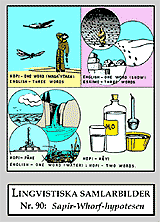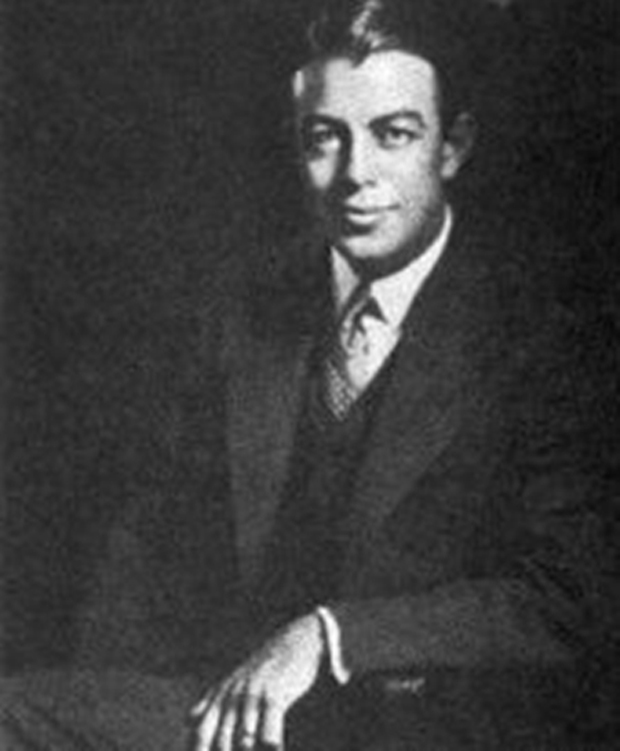
As a result he came to believe that the culture and lifeways of a people were reflected in the language that they spoke. Boas came to realize how greatly ways of life and grammatical categories could vary from one place to another.

In the United States, Boas encountered Native American languages from many different linguistic families-all of which were quite different from the Semitic and Indo-European languages which most European scholars studied. Kant claimed that knowledge was the result of concrete cognitive work on the part of an individual person-reality ("sensuous intuition") was inherently in flux and understanding resulted when someone took that intuition and interpreted it via their "categories of the understanding." Different individuals may thus perceive the same noumenal reality as phenomenal instances of their different, individual concepts.


One important philosophical approach at the time was a revival of interest in the work of Immanuel Kant. Boas was educated in Germany in the late 19th century at a time when scientists such as Ernst Mach and Ludwig Boltzmann were attempting to understand the physiology of sensation. The origin of the SWH as a more rigorous examination of this familiar cultural perception can be traced back to the work of Franz Boas, the founder of anthropology in the United States. Their diversity is a diversity not of sounds and signs but of ways of looking at the world."'' "The interdependence of thought and speech makes it clear that languages are not so much a means of expressing truth that has already been established, but are a means of discovering truth that was previously unknown. Karl Kerenyi began his 1976 English language translation of Dionysus with this passage: Related notions in the West, such as the axiom that language has controlling effects upon thought, can be traced to Wilhelm von Humboldt's essay "Über das vergleichende Sprachstudium" (On the comparative study of languages), and the notion has been largely assimilated into Western thought. (6th c.AD) and was the subject of centuries of debate in the Indian

The position that language anchors thought (thinking is shabdanA or 'languaging')


 0 kommentar(er)
0 kommentar(er)
